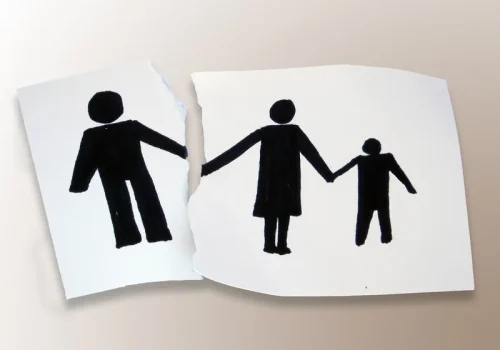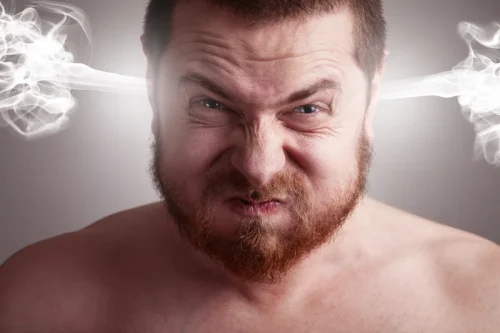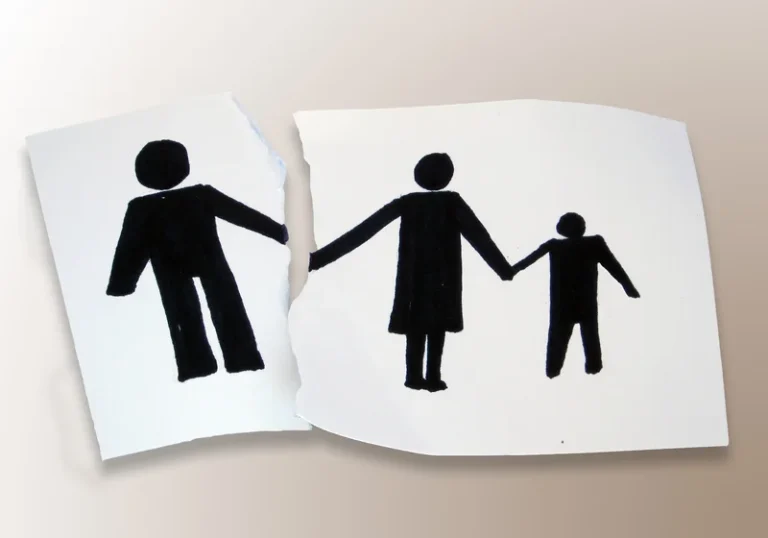Sober living
Can PTSD Cause Personality Disorder?

In small amounts, it can actually enhance memory formation by increasing glucose availability to the brain. However, prolonged or excessive cortisol exposure can have detrimental effects on the hippocampus, a brain region crucial for memory consolidation and retrieval. Chronic stress can lead to hippocampal atrophy, potentially impairing both short-term and long-term memory functions. Having PTSD can feel like walking through a maze, with each new curve bringing a new symptom that needs to be addressed.

Treatment & Support
While it’s important to note that PTSD doesn’t directly cause anger, it creates conditions that make anger more likely to occur and more challenging to control. The hyperarousal symptoms of PTSD, such as being easily startled and constantly on edge, can contribute to a state of chronic irritability. This heightened state of alertness can lower the threshold for anger, making individuals more prone to emotional outbursts.
- While it’s important to note that PTSD doesn’t directly cause anger, it creates conditions that make anger more likely to occur and more challenging to control.
- The amygdala, which plays a crucial role in processing emotions, often becomes hyperactive in individuals with PTSD.
- Additionally, anxiety can lead to a phenomenon called “attentional narrowing,” where the brain focuses intensely on perceived threats, potentially at the expense of encoding other information into memory.
- Some will constantly feel on the verge of weeping and may feel everything is suddenly too overwhelming to handle.
- This could involve psychotherapies such as Cognitive Behavioral Therapy (CBT), Eye Movement Desensitization and Reprocessing (EMDR), or medication in some cases.
- Selective Serotonin Reuptake Inhibitors (SSRIs) are commonly prescribed to address overall PTSD symptoms, including irritability and anger.
What is Dissociation PTSD?

If you are experiencing these symptoms or any other worrisome symptoms, seek the advice of a health care provider. The relationship between anxiety, stress, and blackouts is a complex interplay of psychological and physiological factors. Stress can indeed cause memory loss, ranging from minor lapses to more significant episodes of cognitive impairment. By understanding the mechanisms behind anxiety blackouts and implementing effective coping strategies, individuals can better manage their symptoms and reduce the risk of future episodes.
Stress-Induced Memory Loss: The Phenomenon of Anxiety Blackouts
Counseling alcoholism helped me to take on these monster symptoms that were munching away 2/3 of my life. Understanding the relationship between anxiety and blackouts is crucial for several reasons. Firstly, it helps individuals recognize and validate their experiences, potentially reducing the additional stress and confusion that often accompany these episodes. Secondly, it enables healthcare professionals to provide more accurate diagnoses and targeted treatments. Lastly, it contributes to the broader understanding of how mental health impacts cognitive function, paving the way for more comprehensive approaches to mental well-being.

For initial consultations, please provide your phone number and the best time to reach you. Call us today, and we will design a personalized program just for you. A person who is dissociating may appear like they’re daydreaming, ignoring you, or spacing out. They can also exhibit a profound disconnection from conversations and their surroundings. The person may appear emotionally blank and detached from their “usual” self even when surrounded by loved ones. For ptsd alcohol blackout more information about PTSD and how to manage its effects, you can visit Psych Central’s PTSD resource page.
Ideally, you should see a therapist who specializes in PTSD treatment. This person will help you find personalized solutions to cope with depression, anxiety, anger, grief, and other symptoms that come from traumatic events. Not only will you be able to close a traumatic chapter in your life, but you will also be able to rebuild relationships with friends and family members who can help you during your journey. Like a fog descending over cherished moments, PTSD quietly erases the contours of memory, leaving survivors grasping at the fading edges of their own stories. This intricate relationship between PTSD and memory loss is a subject of ongoing research and clinical interest, as it touches upon the very essence of how we perceive and interact with our past experiences.

Coping Strategies and Prevention Techniques
These episodes can last for hours, days, or even longer, and are often accompanied by unplanned travel or wandering. If you live with CPTSD, you are more likely to experience a continued stress response with even less recovery time. Your sympathetic nervous system responds to trauma with a fight, flight, freeze, or fawn response. This response protects you by preparing your body for action against a threat. During this response, your body releases the stress hormone cortisol. If you or someone you know thinks you are suffering from PTSD then take this quick online test or click to learn more about the condition.
Supporting Loved Ones with PTSD Anger Issues
This can manifest as difficulty in recalling positive memories, which can contribute to feelings of hopelessness and a negative self-image. While PTSD itself can significantly impact memory, a related condition known as Complex PTSD (C-PTSD) can have even more profound effects on an individual’s ability to recall and process memories. C-PTSD is a more severe form of PTSD that typically results from prolonged, repeated trauma, such as childhood abuse, domestic violence, or long-term captivity. Understanding the role of dissociation in PTSD blackouts is crucial for developing https://ecosoberhouse.com/ effective treatment strategies.

How to Handle and Prevent PTSD Blackouts
Medication options may also be considered as part of a treatment plan. While there is no specific medication for PTSD blackouts, certain antidepressants and anti-anxiety medications can help manage overall PTSD symptoms, potentially reducing the likelihood of blackout episodes. It’s crucial to work closely with a mental health professional to determine the most appropriate medication regimen, as individual responses can vary. Some individuals may experience blackouts rarely, perhaps only in response to specific, intense triggers.

